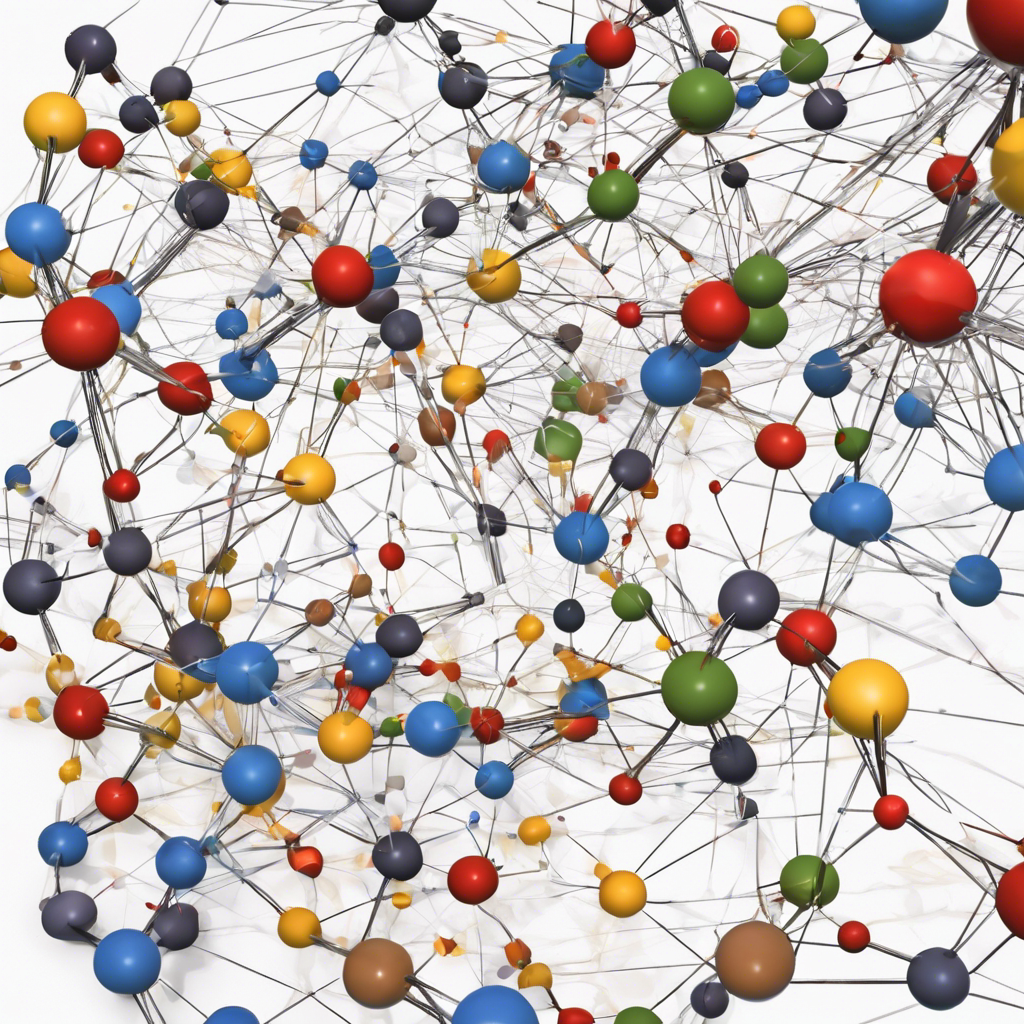OECD survey reveals significant drops in performance, with COVID school closures only partially to blame
Teenagers’ mathematics and reading skills are experiencing an unprecedented decline across numerous countries, according to the latest survey conducted by the Organisation for Economic Cooperation and Development (OECD). The Paris-based organization, which regularly assesses global learning standards, reported some of the sharpest drops in performance since it began its triennial tests of 15-year-olds’ reading, math, and science skills in 2000. The survey, which involved nearly 700,000 youths from OECD member and non-member countries, serves as a crucial international comparison of education performance and is closely monitored by policymakers.
COVID Impact and Structural Factors
The OECD survey revealed that reading performance in OECD countries fell by an average of 10 points compared to the previous 2018 tests, while mathematics performance dropped by 15 points. These declines are equivalent to three-quarters of a year’s worth of learning. While more than half of the 81 countries surveyed experienced declines, Germany, Iceland, the Netherlands, Norway, and Poland saw particularly sharp drops in mathematics scores. The COVID-19 pandemic was considered a contributing factor, but the OECD emphasized that underlying structural factors within education systems should be taken seriously by policymakers.
Low Performers and Teacher Support
The study found that, on average across the OECD, one in four 15-year-olds tested as a low performer in mathematics, reading, and science. These students struggled with basic algorithms and interpreting simple texts. While COVID school closures may have played a role, countries that provided additional teacher support during these closures achieved better results. Moreover, countries with easy access to teachers for special help demonstrated improved performance. Conversely, poorer results were associated with higher rates of mobile phone use for leisure and schools reporting teacher shortages.
Exemplary Performers and Lessons Learned
The OECD highlighted that the decline in skills is not inevitable, as exemplified by Singapore, which scored the highest in mathematics, reading, and science. Singaporean students were estimated to be three to five years ahead of their OECD peers. Macau, Taiwan, Hong Kong, Japan, and South Korea also outperformed in mathematics and science, while Estonia and Canada achieved strong scores as well. In reading, Ireland, Japan, South Korea, and Taiwan earned top marks, with Ireland and Japan’s spending per student not exceeding the OECD average. These countries provide valuable insights into effective education approaches.
Implications for Education Systems
The decline in teenagers’ mathematics and reading skills raises concerns about the long-term impact on education systems. While the COVID-19 pandemic may have exacerbated the situation, underlying structural factors are likely to be permanent features that require serious attention from policymakers. The survey underscores the importance of providing additional teacher support, reducing leisure-focused mobile phone use, and addressing teacher shortages. It also highlights the need to learn from countries that have achieved exceptional results, such as Singapore, to improve education outcomes globally.
Conclusion:
The OECD’s latest survey reveals a significant decline in teenagers’ mathematics and reading skills across multiple countries. While COVID school closures may have played a role, the study emphasizes the importance of addressing underlying structural factors within education systems. Providing additional teacher support, reducing leisure-focused mobile phone use, and addressing teacher shortages are crucial steps to improve education outcomes. Exemplary performers like Singapore offer valuable lessons for other countries seeking to enhance their education systems. The decline in skills serves as a wake-up call for policymakers to prioritize education reforms and ensure a brighter future for the next generation.











